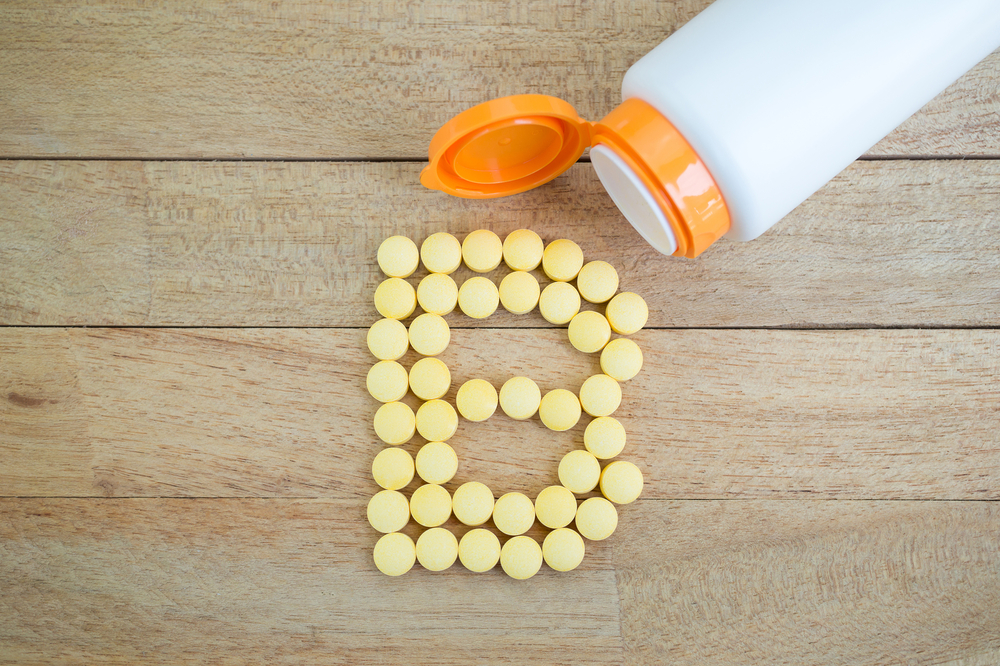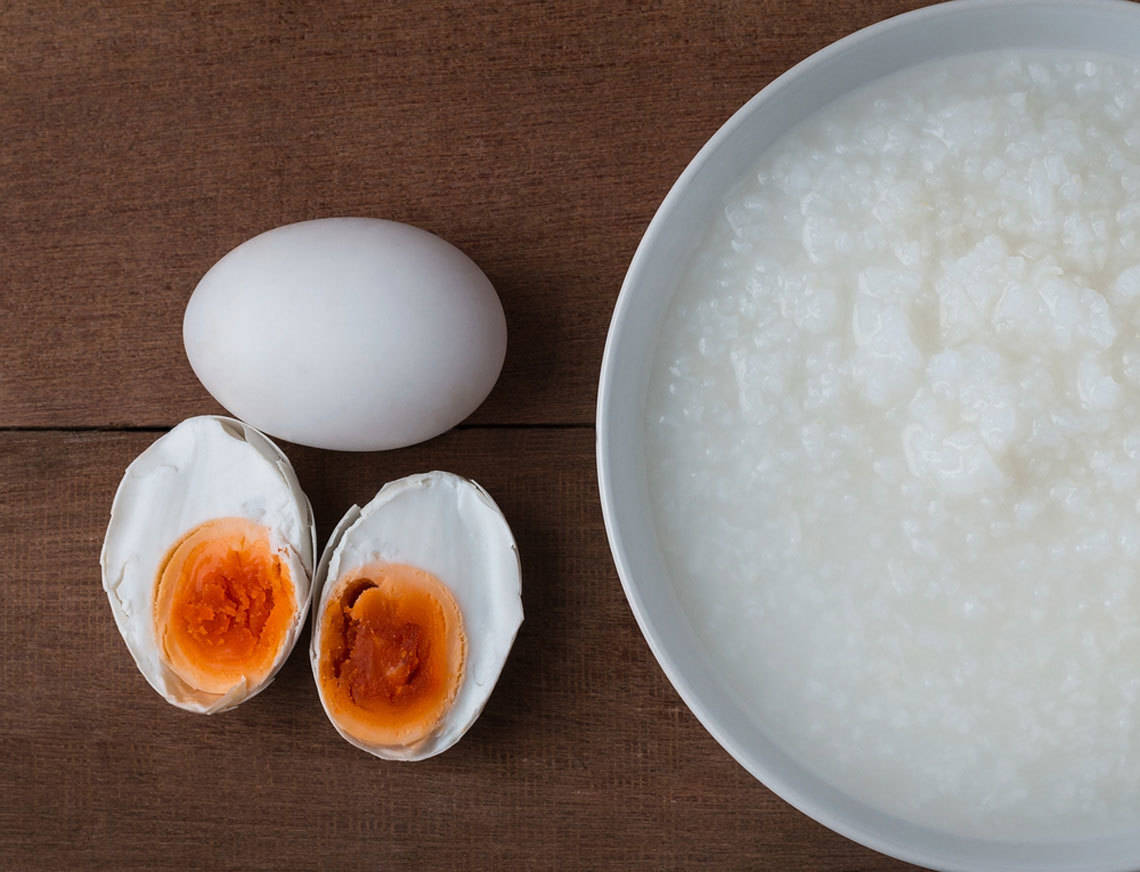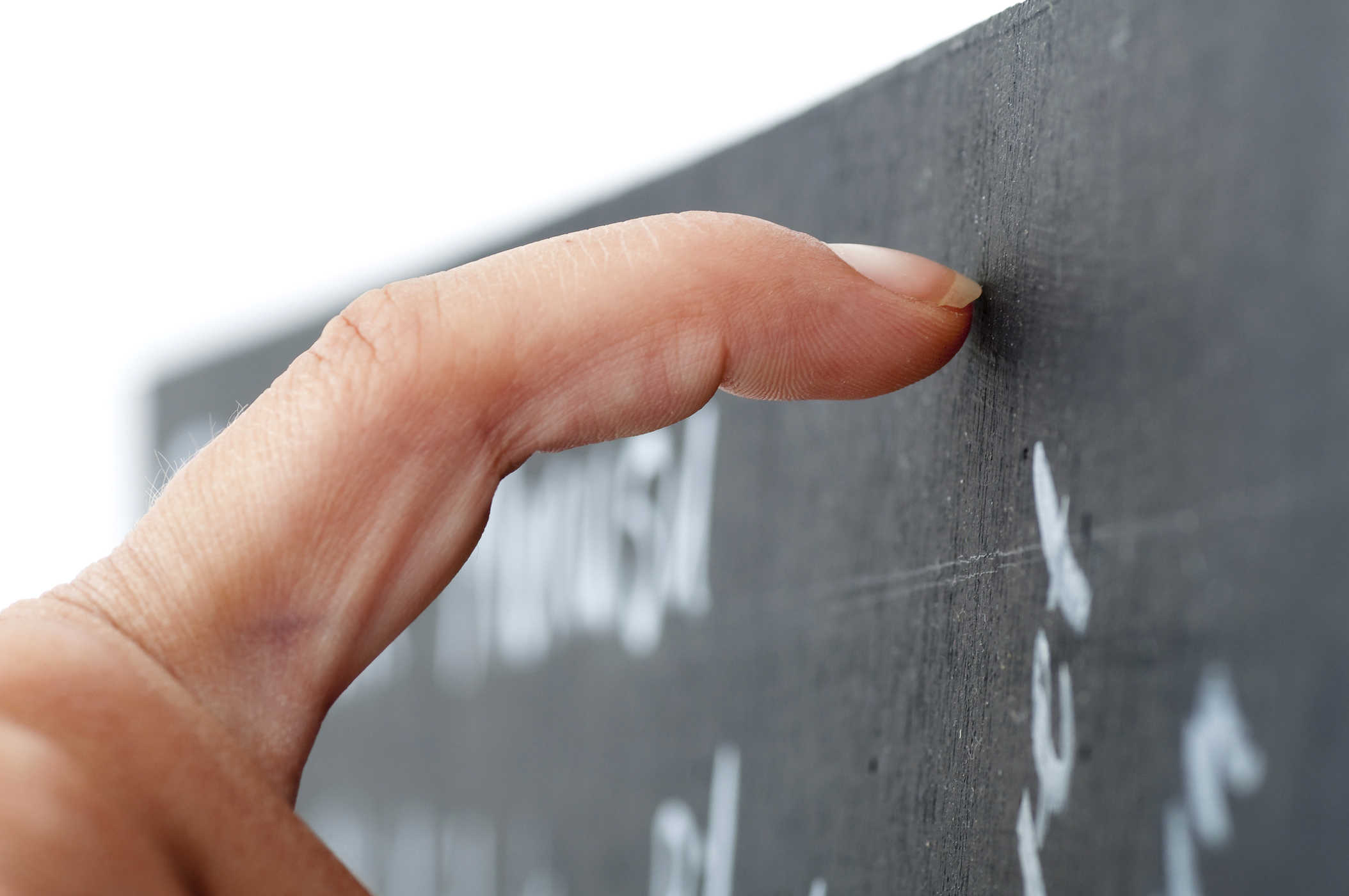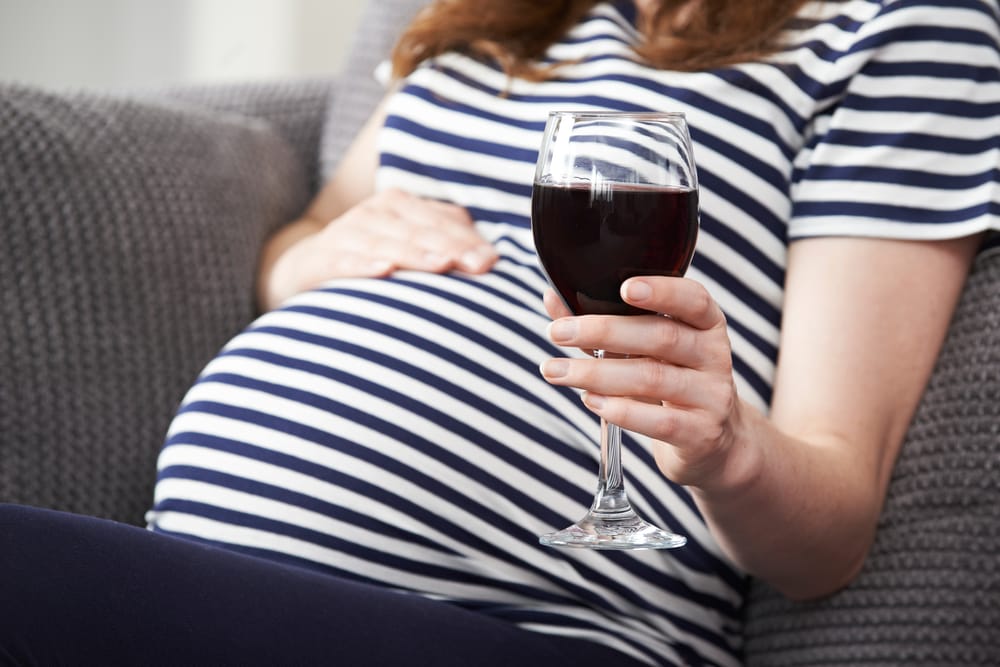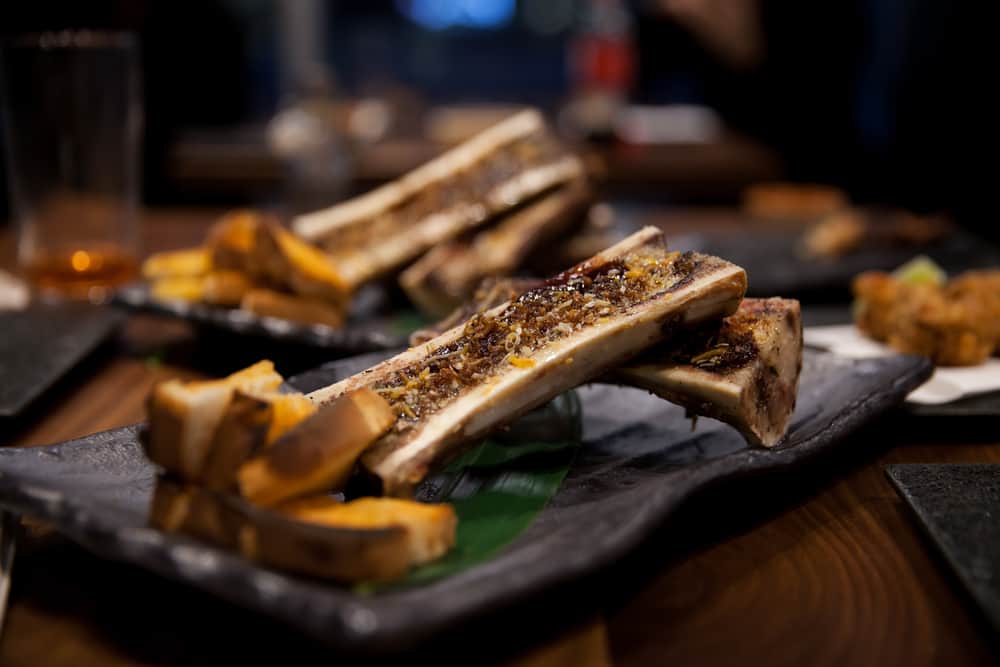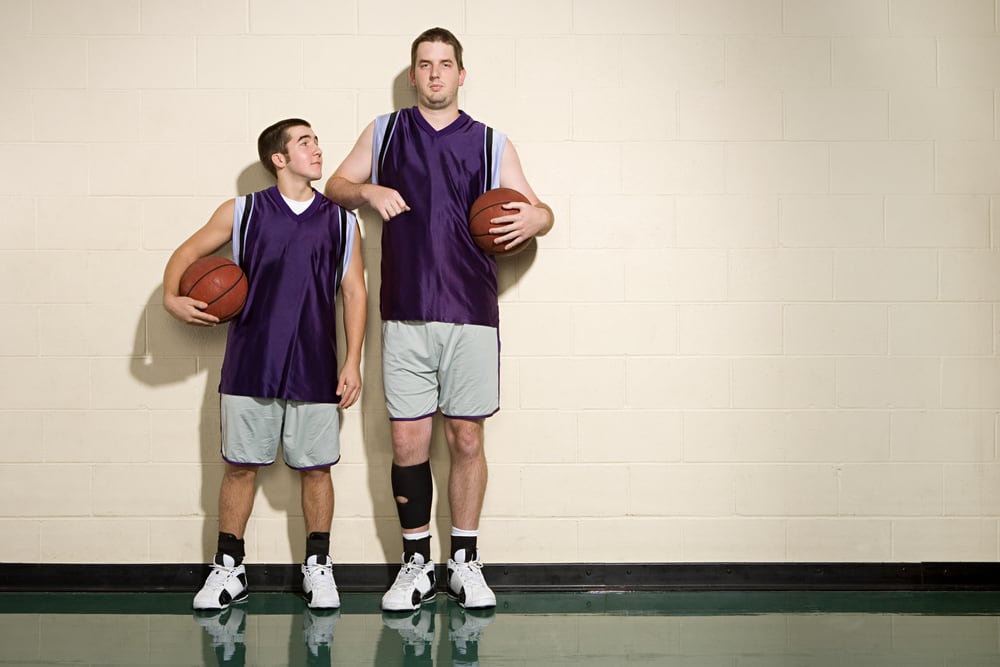Contents:
- Medical Video: Do I Need a Multivitamin on Intermittent Fasting?
- The type of vitamin B during fasting must be fulfilled and the source
- 1. Vitamin B1 (thiamin)
- 2. Vitamin B2 (riboflavin)
- 3. Vitamin B12 (cobalamin)
- 4. Vitamin B6 (pyridoxine)
Medical Video: Do I Need a Multivitamin on Intermittent Fasting?
When undergoing fasting, the body is demanded to stay fresh even without food and drink for about 13 hours. So, a variety of important nutrients must be fulfilled and able to meet the needs of the body, including vitamin B. Even though there are various types of B vitamins that we know, which one does the body really need when fasting? Come on, see an explanation of the importance of vitamin B when fasting and what kind of it.
The type of vitamin B during fasting must be fulfilled and the source
1. Vitamin B1 (thiamin)
Maybe you never thought that it turned out that vitamin B1 is needed when fasting. Why? During fasting, you don't get any intake from food or drink for a long time. Well, this is where vitamin B1 works. This vitamin helps the process of digestion of glucose from the food you eat, to be used as energy that you will use during fasting.
Not only that, vitamin B1 can also work with other types of B vitamins to form vitamin B complex. Vitamin B complex holds an important function in regulating the heart system, the endocrine system, and the body's digestive system as long as you fast.
If you want to get enough vitamin B1 during fasting, you can fulfill it from consuming beef, beef liver, beans, wheat, spinach, corn, and berries. Although during fasting your meal time is reduced, it is important to keep your vitamin B1 requirements at dawn and breaking fast.
2. Vitamin B2 (riboflavin)
Why does the body need vitamin B2 when fasting? This vitamin has various important functions in the body that are not much different from vitamin B1. For example facilitating the breakdown of carbohydrates, proteins, and fats that will produce energy to launch your fast.
In addition, vitamin B2 is also beneficial for skin health, eyesight, digestive organs, and the work of other vital organs to function properly during fasting.
The best way to get B vitamins during fasting, precisely vitamin B2, is through foods such as egg yolks, red meat, salmon, tuna, soybeans and processed foods, almonds, and wheat.
3. Vitamin B12 (cobalamin)
No less important than other types of B vitamins, vitamin B12 is also needed by the body when fasting to stay healthy. These water-soluble vitamins can support the work of the brain and the nervous system. Vitamin B12 is also involved in helping the body's DNA production and bone formation and red blood cells.
This is why vitamin B12 that is adequately fulfilled can help strengthen bones and prevent bone loss. Of course it is still accompanied by optimal calcium and vitamin D intake for bone growth.
Uniquely, it turns out that vitamin B12 helps produce energy in your body. This of course will be needed when fasting, in order to maintain energy stores in the body. So, try to fulfill your intake of vitamin B12 from beef, poultry, tuna, milk, cheese, yogurt, and eggs.
4. Vitamin B6 (pyridoxine)
Finally, the type of vitamin B when fasting that must be fulfilled is vitamin B6. In addition to its role in absorbing nutrients to produce energy, vitamin B6 also plays an important role in maintaining healthy hair, skin, and vision.
It is important to know, when undergoing fasting without the intake of food and drink for approximately 14 hours, the work of the brain can decrease. Because the brain also needs fuel that can only be obtained from the nutrients contained in food.
Therefore, it is important to maintain adequate vitamin B6 during fasting. Because, this vitamin can help work the liver, brain, nervous system, and form red blood cells. This is where vitamin B6 acts to form compounds in the brain, which will then facilitate brain function.
To prevent obstacles during fasting due to lack of vitamin B6 in the body, you can optimize intake by eating beef, chicken, tuna, wheat, beans, bananas, and potatoes at dawn and breaking fast.
In addition to meeting the needs of vitamin B from food sources, you can also meet the needs of vitamin B in the body by taking supplements of CDR or Calcium-D-Redoxon. Because the CDR contains a combination of calcium, vitamin D, vitamin C, and vitamin B6 which can help maintain bone health and certainly fulfill the nutrients you need during fasting. Don't forget to pay attention to the rules of use before taking a CDR, huh!

